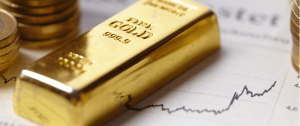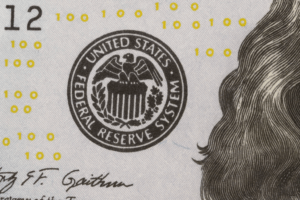
Rate Worries, Resilient Stocks, and Record Gold
Despite ongoing concerns about interest rates, equity markets remained surprisingly resilient last week. Investors seem to be holding on to the expectation that central banks will start easing later this year, which has helped prevent a broad correction and pushed major indices slightly higher. At the same time, markets sought protection, with gold reaching another all-time high. A combination of


